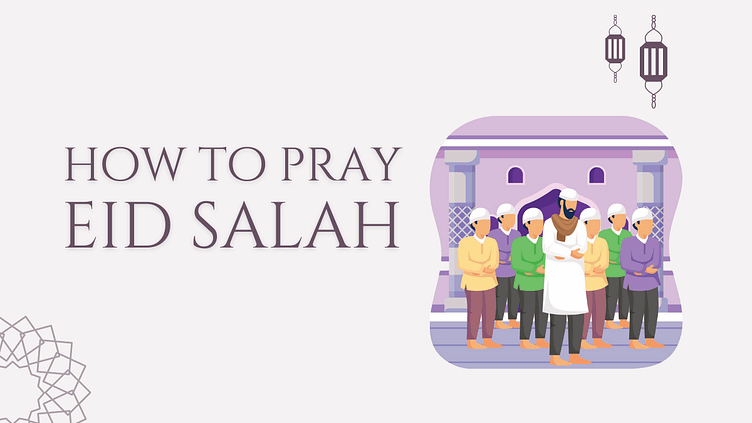Celebrating Eid: A Joyous Occasion and the Ritual of Eid Salah
Eid, one of the most significant festivals in Islam, marks the culmination of Ramadan, the holy month of fasting and spiritual reflection. Observed by millions of Muslims worldwide, Eid brings communities together in celebration, gratitude, and prayer. In this article, we delve into the essence of Eid, its significance, and the ritual of Eid Salah.
When is Eid?
When is Eid ? Eid ul-Fitr, commonly known as Eid, is celebrated on the first day of Shawwal, the tenth month of the Islamic lunar calendar, following the sighting of the new moon. This day signifies the end of Ramadan, a month-long period of fasting from dawn till dusk. Eid ul-Fitr is celebrated with great fervor and enthusiasm, as Muslims come together to express gratitude for the blessings received during Ramadan and to seek forgiveness for any shortcomings.
Significance of Eid
Eid holds deep spiritual significance for Muslims worldwide. It is a time of joy, generosity, and reflection. The festival emphasizes the importance of community, solidarity, and compassion. During Ramadan, Muslims fast from dawn to dusk, abstaining from food, drink, and worldly desires, while striving for self-discipline, self-reflection, and spiritual growth. Eid symbolizes the successful completion of this spiritual journey and serves as a reminder of the importance of piety, gratitude, and humility.
Eid Salah: The Special Prayer
One of the central rituals of Eid is the performance of Eid Salah, a special congregational prayer offered in mosques, open fields, or large halls. Eid Salah consists of two rak'ahs (units of prayer) and is performed in a specific manner. How to pray Eid Salah, lets see
How to Perform Eid Salah:
Preparation: On the morning of Eid, Muslims cleanse themselves through ritual purification (wudu), ensuring physical and spiritual cleanliness before engaging in prayer. They then wear their best attire, symbolizing joy and festivity.
Eid Gathering: Muslims gather at designated prayer locations, such as mosques, community centers, or open spaces, to perform Eid Salah collectively. The prayer is typically held shortly after sunrise, following the Takbir (recitation of Allahu Akbar, meaning "Allah is the Greatest") and sermon delivered by the Imam.
Takbirat: Before the commencement of Eid Salah, the congregation engages in the Takbirat, repeatedly reciting the phrase "Allahu Akbar" aloud, glorifying and exalting Allah. This expression of praise and gratitude resonates throughout the prayer venue, creating an atmosphere of spiritual elevation and unity.
Prayer Format: Eid Salah consists of two rak'ahs, similar to the regular congregational prayer (Salat al-Jama'ah). However, there are specific differences in the prayer format, including the number of Takbirs and additional supplications.
Takbirs in Prayer: During the first rak'ah, the Imam recites Takbirs seven times, raising their hands with each recitation. After the first Takbir, the congregation follows by raising their hands and then placing them on their sides. In the second rak'ah, the Imam recites five Takbirs, with the congregation following suit.
Supplications and Recitations: Following the Takbirs, the Imam recites additional supplications, known as Du'a al-Qunut, seeking Allah's mercy, blessings, and forgiveness for the entire Muslim community. These supplications reflect the collective aspirations and spiritual needs of the congregation.
Conclusion: After completing the prayer, Muslims exchange greetings of "Eid Mubarak" (Blessed Eid) with one another, embracing as a gesture of goodwill and camaraderie. The remainder of the day is spent visiting family and friends, sharing meals, and engaging in acts of charity and kindness.
Conclusion
Eid ul-Fitr embodies the spirit of gratitude, compassion, and unity within the Muslim community. The celebration of Eid is not only a time of joyous festivity but also an opportunity for spiritual rejuvenation and communal solidarity. Through the ritual of Eid Salah, Muslims reaffirm their faith, express gratitude for blessings received, and seek Allah's mercy and forgiveness. As Muslims come together in prayer and celebration, Eid serves as a reminder of the importance of piety, generosity, and compassion in Islam.
